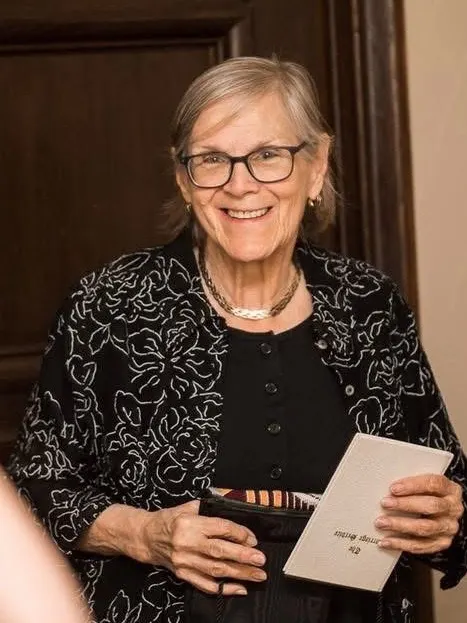The MET: Live in HD at USCB Center for the Arts
By Alan Schuster
It may not be the best opera ever written, but Bizet’s “Carmen” is undoubtedly one of the world’s favorites. It has vivid musical characterizations, brilliant orchestrations, and an almost continuous flow of melody. And, most appreciated by audiences, it showcases Carmen as the greatest temptress role for mezzo-sopranos, highlighted by her sensually performed Habanera and Seguidilla showpieces.
On Saturday at USCB’s Center for the Arts, local opera fans can see young French mezzo Clementine Margaine will perform the title role at the Met for the second time, having pinch-hit for an ailing Carmen back in January 2017. Two New York critics were there that evening and expressed these reactions. Eric Simpson, NY Classical Review: “Margaine brings a laser focus to her interpretation of the role. Her Carmen is a driven woman of ambition who knows exactly how to get her way. She brilliantly channels this dramatic sense into her vocal interpretation, commanding attention with the sultry intensity of her singing. Her Habernera was daring, a steamy, free-handed rendition of some of the sexiest music in the operatic rep.” Corinna da Fonseca-Wollheim, NY Times: “Smooth and guarded, Ms. Margaine’s singing included touches of straight tone where her inky low notes took on the street-savvy sound of a chansonnière. The sense of tension and control gave way only in the final scene, where, apparently energized by imminent death, her Carmen produced an entirely new sound of bright, fiery power.” Joining opera’s ultimate seductress will be tenor Roberto Alagna as her hapless lover, Don Jose; Alexander Vinogradov as the toreador, Escamillo; and Aleksandra Kurzak as a young country girl.
The opening scene is set in the 1830s in Seville, Spain. Carmen attracts everyone’s attentions, but soldier Don José pretends not to notice her. When she throws him a flower, he intends to throw it away, but hides it when his girlfriend, Micaëla, arrives. When a knife fight breaks out between Carmen and another woman, José is ordered to arrest Carmen. Thinking fast, Carmen seduces José and escapes, which results in José’s arrest for breach of duty.
A month later, Carmen and her friends are entertaining soldiers in a tavern. A famous bullfighter, Escamillo, arrives. He flirts with Carmen, who rebuffs him because she is waiting for José to be released from jail. When José arrives, Carmen rewards him with an erotic dance. As he prepares to return to the barracks for the night, she taunts him, saying that if he really loved her, he would run off with her. Jose protests and shows her that he has saved the flower she gave him as a sign of true love. At that moment, Jose’s lieutenant returns to arrest Carmen. The men fight and are separated by Carmen’s gang of smugglers. Because Jose has attacked a superior officer, he has no choice but to run away with Carmen and the smugglers to the mountains. In the mountains, Carmen bores of Jose and advises him to go home to his mother. Escamillo arrives and invites everyone to his next bullfight before he leaves. The closing act depicts Escamillo’s bullfight. Carmen is on Escamillo’s arm, but she runs into Jose outside the arena. Jose begs Carmen to come away with him, but she refuses, saying that she was born free and will die free. In a jealous rage, Jose stabs her to death while the crowd inside the arena cheers Escamillo to victory — “tor-ee-a-dor!” Bizet achieved few successes before Carmen, which turned out to be his final opera. Sadly, he was never aware of its success, dying just three months after its debut in March 1875 at the age of 37.
Tickets are now available and all seats are general admission. Adults $20. OLLI members $18. Students $10. Order at centerforthearts.com, or call 843-521-4145.






